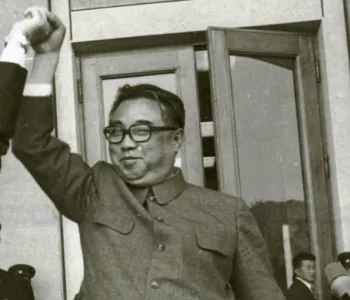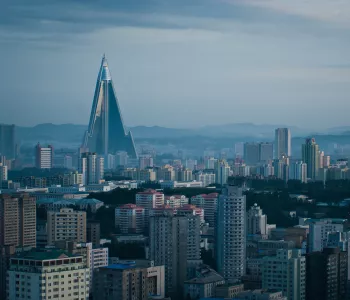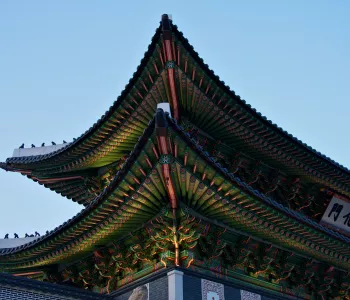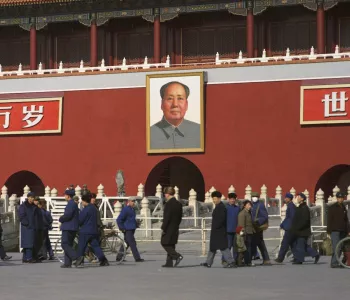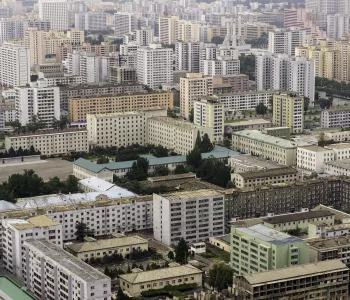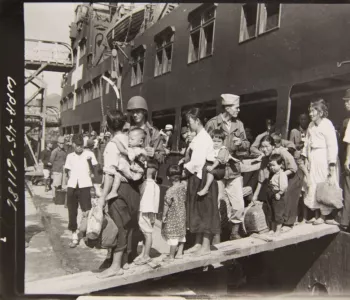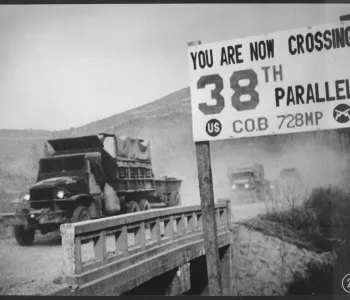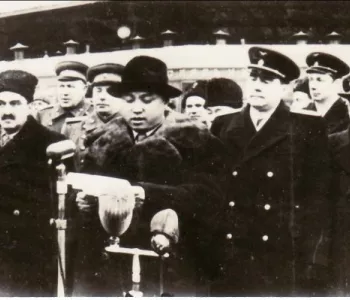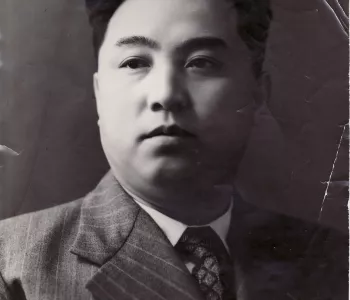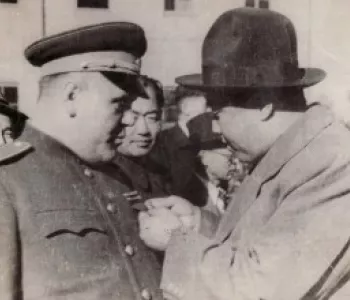d'Vinci

Shtykov, Terentiĭ Fomich 1907- 1964
Terentiĭ Fomich Shtykov was political advisor and first ambassador of the Soviet Union to the Democratic People’s Republic of Korea.

Political advisor and first ambassador of the Soviet Union to the Democratic People’s Republic of Korea (DPRK), Terentiĭ Fomich Shtykov was born in Vitebsk Province in Russia in 1907.He was active in Leningrad (now St. Petersburg) as a member of the communist youth movement and later as a Communist Party official, surviving the purges of the late 1930s. During World War II, he was a political commissar with the Soviet Red Army, based in the Maritime Province adjoining China and Korea, and was one of only three commissars to reach the rank of colonel general. Kim Il Sung, the future DPRK leader, served in his command during the war. In August 1945, after the Soviet declaration of war on Japan his unit, the 28th Military Corps, was ordered to move into Korea. After the establishment of the North Korea provisional People’s Committee, Shtykov became political advisor to the new administration, working closely with Kim Il Sung. He also headed the Soviet delegation to the Joint Commission on Trusteeship established at the December 1945 Moscow Conference. He proved to be a tough negotiator.
Following the establishment of the DPRK in September 1948, Shtykov became the Soviet ambassador, while continuing to retain control over all Soviet advisors. Documents from the former Soviet archives have revealed how important he was in this role, and he played an important part in the lead-into the Korean War. During the early part of the war, he continued to advise Kim Il Sung and also acted as the main channel between Kim and Soviet leader Josef Stalin. However, he was apparently criticized for the disastrous turn of events in September–October 1950, following the United Nations’ forces move across the 38th parallel. Recalled to Moscow, he was demoted to lieutenant general and assigned to work in the provinces. He later served as ambassador to Hungary and then as an official in the Russian Soviet Federal Republic. He died on 25 October 1964.
All rights reserved. No portion of this publication may be reproduced, stored in a retrieval system, or transmitted in any form by any means, electronic, mechanical, photocopying, recording or otherwise without the prior written permission of the publisher. (Historical Dictionary of the Democratic People's Republic of Korea, by James E. Hoare, published by RLPG Books, appears by permission of the author and publisher).
